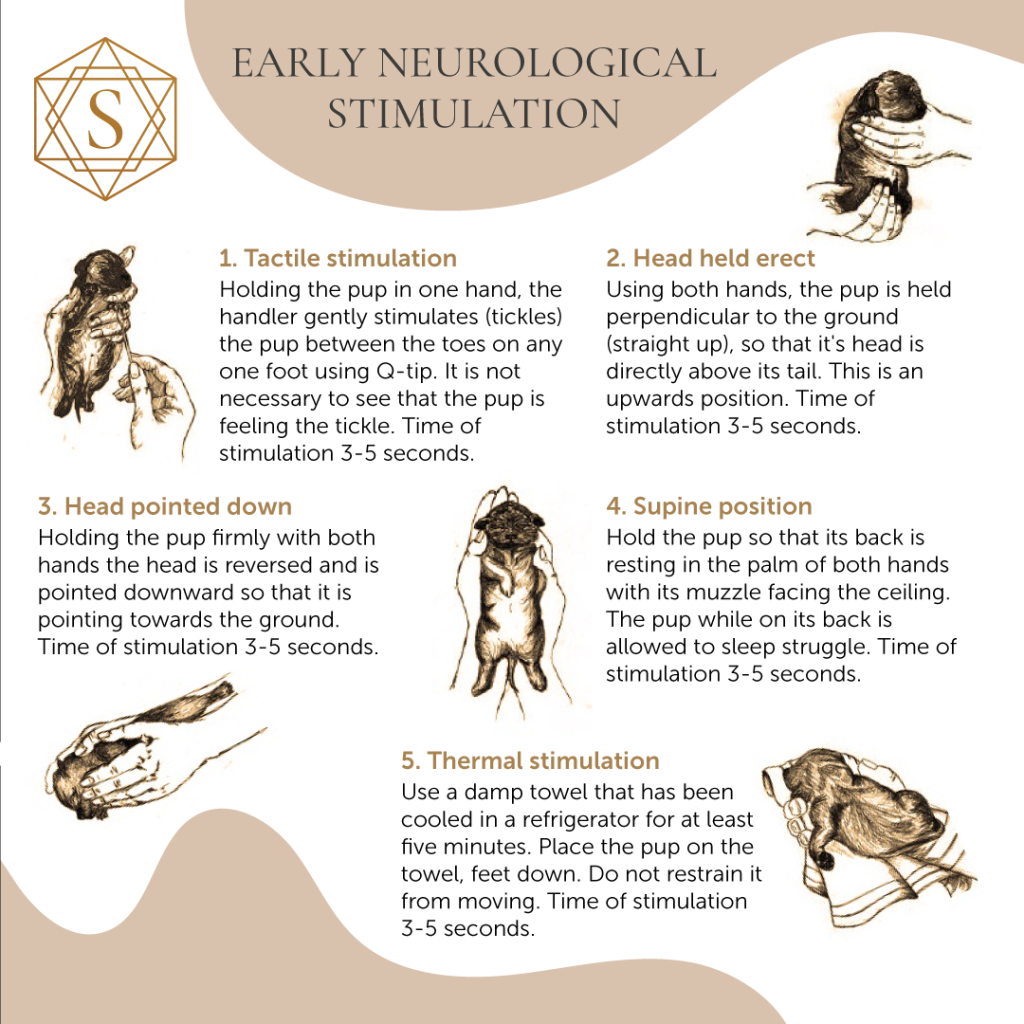Ultimate Puppy Essentials: Ens For Puppies – Unleash Their Full Potential Now!
Ens for Puppies: A Comprehensive Guide for Dog Lovers
Introduction
Greetings, Dog Lover! If you have recently welcomed a new furry friend into your family, you must be excited about providing them with the best care possible. Ens, short for essential nutrients, play a vital role in the growth and development of puppies. In this article, we will delve into the world of ens for puppies, exploring what they are, who needs them, when to introduce them, where to find them, why they are crucial, and how to incorporate them into your puppy’s diet.
2 Picture Gallery: Ultimate Puppy Essentials: Ens For Puppies – Unleash Their Full Potential Now!


What are Ens for Puppies? 🐶
Ens for puppies are a combination of essential nutrients that are necessary for the overall health and wellbeing of your furry friends. These nutrients include proteins, carbohydrates, fats, vitamins, and minerals, all of which are crucial for their growth and development.
The Importance of Proteins

Image Source: wisteriagoldens.com
Proteins are the building blocks of life, and they play a fundamental role in a puppy’s growth. They aid in muscle development and repair, promote a healthy immune system, and contribute to the production of enzymes and hormones. High-quality protein sources include chicken, beef, fish, and eggs.
The Role of Carbohydrates
Carbohydrates provide energy for puppies and help support their active lifestyles. They also aid in digestion and contribute to the health of their gastrointestinal tract. Good sources of carbohydrates for puppies include whole grains, vegetables, and fruits.
The Significance of Fats

Image Source: squarespace-cdn.com
Fats are essential for puppies as they provide a concentrated source of energy. They also aid in the absorption of fat-soluble vitamins, promote healthy skin and coat, and contribute to proper brain development. Ensure that your puppy’s diet includes healthy fats from sources such as fish oil, flaxseed oil, and chicken fat.
The Role of Vitamins and Minerals
Vitamins and minerals are essential for various bodily functions in puppies. They contribute to bone development, support the immune system, aid in digestion, and promote healthy eyes, skin, and coat. A balanced diet that includes a variety of fruits, vegetables, and supplements can provide these vital nutrients.
Who Needs Ens for Puppies?
All puppies require ens to support their growth and development. Whether you have a small or large breed puppy, ens are crucial for their overall health and wellbeing. Ens are especially vital during the first year of a puppy’s life, as this is the time when they experience rapid growth and development.
When Should Ens for Puppies be Introduced?
The introduction of ens for puppies should align with their weaning process. Typically, puppies begin weaning off their mother’s milk and transitioning to solid food between the age of four and six weeks. This is the ideal time to introduce ens into their diet gradually. Consult your veterinarian for specific guidance based on your puppy’s breed and health condition.
Where Can You Find Ens for Puppies?
Ens for puppies can be found in various forms, including commercial puppy food, homemade meals, and supplements. Commercial puppy food is widely available in pet stores and supermarkets, offering a convenient and balanced option for your puppy’s nutritional needs. If you opt for homemade meals, ensure that they are well-balanced and meet all the necessary nutrient requirements. Supplements can be beneficial for puppies with specific dietary needs, but it’s crucial to consult your veterinarian before incorporating them into your puppy’s diet.
Why Ens for Puppies are Crucial
Ens for puppies are crucial for several reasons. Firstly, they provide the necessary nutrients to support their growth, ensuring that they develop into healthy adults. Secondly, ens contribute to the proper functioning of their organs, immune system, and overall body systems. Lastly, a well-balanced diet rich in essential nutrients can prevent nutritional deficiencies and promote longevity in puppies.
How to Incorporate Ens into Your Puppy’s Diet
Incorporating ens into your puppy’s diet can be done in several ways. Start by choosing a high-quality commercial puppy food that meets all the necessary nutrient requirements. Follow the feeding guidelines provided by the manufacturer based on your puppy’s age, weight, and breed. If you prefer homemade meals, ensure that they consist of a balanced combination of proteins, carbohydrates, fats, vitamins, and minerals. Consult your veterinarian to create a customized meal plan for your puppy’s specific needs.
Pros and Cons of Ens for Puppies
Like any other aspect of pet care, ens for puppies have their pros and cons. It’s essential to understand these factors to make informed decisions for your furry friend.
Advantages of Ens for Puppies
1. Promotes healthy growth and development
2. Supports a strong immune system
3. Enhances energy levels
4. Contributes to healthy skin and coat
5. Aids in proper brain development
Disadvantages of Ens for Puppies
1. Overfeeding can lead to obesity
2. Poor quality ens can cause nutrient imbalances
3. Adverse reactions to certain ingredients
4. Cost implications of high-quality ens
5. Potential digestive issues with dietary changes
Frequently Asked Questions (FAQ)
1. Can I give human food to my puppy?
No, it is not recommended to feed your puppy human food. Human food may contain ingredients that are harmful to dogs, such as onions, garlic, chocolate, and grapes. Stick to a balanced puppy diet to ensure their nutritional needs are met.
2. Should I give my puppy supplements?
Supplements should only be given to puppies under the guidance of a veterinarian. In most cases, a balanced diet with high-quality puppy food is sufficient to meet their nutritional requirements.
3. How often should I feed my puppy?
The frequency of feeding depends on your puppy’s age and breed. Generally, young puppies require more frequent meals (3-4 times a day) compared to older puppies (2-3 times a day).
4. Can I switch my puppy’s food abruptly?
No, sudden changes in a puppy’s diet can lead to digestive upset. If you plan to switch your puppy’s food, do so gradually over a period of 7-10 days by mixing the new food with the old food in increasing proportions.
5. What if my puppy has dietary restrictions?
If your puppy has specific dietary restrictions or health conditions, it’s crucial to work closely with your veterinarian to develop a customized meal plan that meets their unique needs.
Conclusion
Ens for puppies are an essential component of their overall health and wellbeing. By providing a balanced diet rich in essential nutrients, you can ensure that your furry friend grows into a happy and healthy adult dog. Remember to consult your veterinarian for specific dietary recommendations based on your puppy’s individual needs. So, go ahead and embark on this exciting journey of raising a healthy and thriving puppy!
Final Remarks
Disclaimer: The information provided in this article is for educational purposes only and should not replace professional veterinary advice. Always consult with a qualified veterinarian regarding your puppy’s diet and nutrition. Remember that every puppy is unique, and their dietary needs may vary. Ensure that you provide a safe and loving environment for your puppy’s growth and development.
This post topic: Puppies


